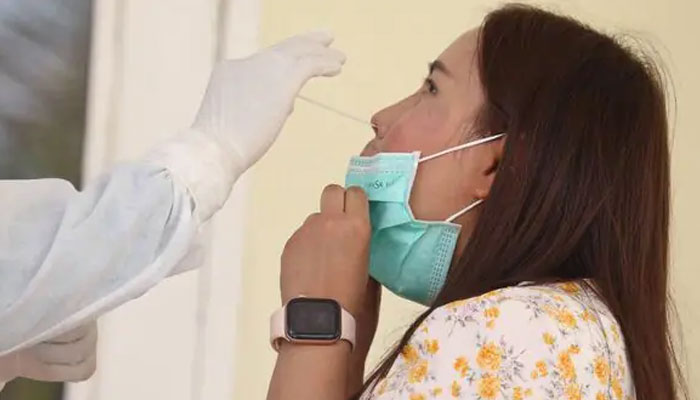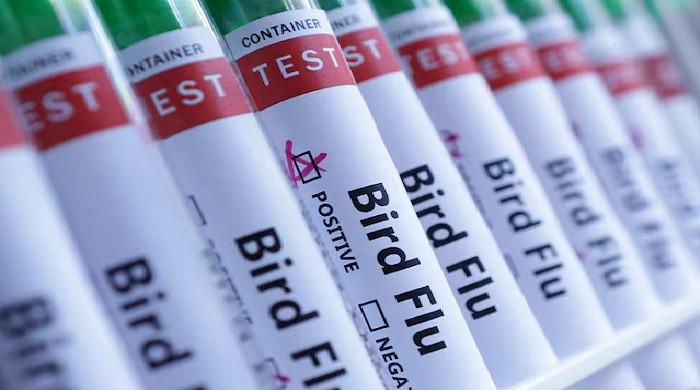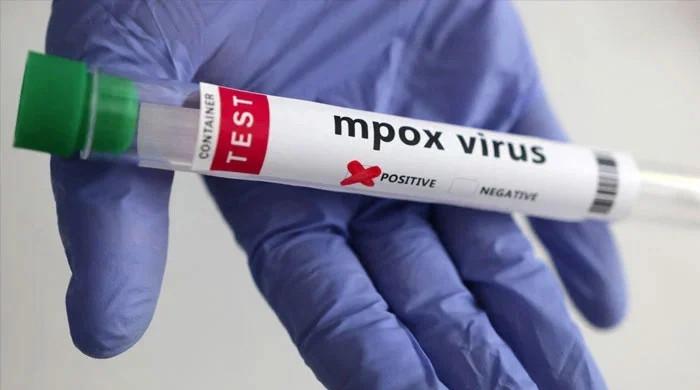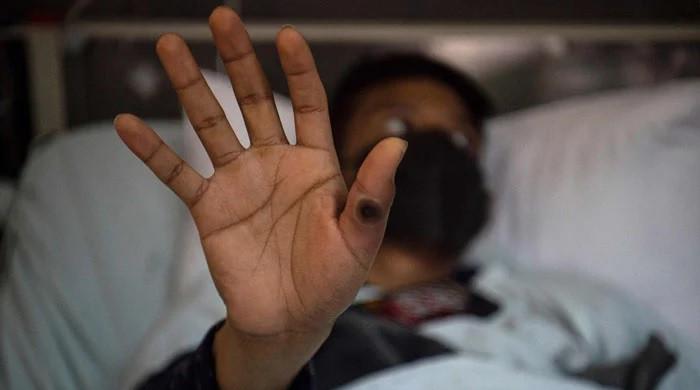Study reveals most prevalent symptoms of long COVID
Study focuses on 12 of most frequently reported symptoms associated with long Covid, including fatigue, brain fog, dizziness, cough, chest pain
May 26, 2023

A groundbreaking study funded by the National Institutes of Health (NIH) has shed light on the symptoms of long Covid, a condition that continues to affect millions of Americans. However, the study has not provided a standardised definition of the condition, emphasising that it is a crucial initial step toward establishing a common language for scientists to develop effective treatments.
Dr Leora Horwitz, the study author, expressed optimism about the future of research in this area. The study, published in the Journal of the American Medical Association, analysed data from nearly 10,000 adults participating in the NIH's RECOVER trial. It focused on 12 of the most frequently reported symptoms associated with long Covid, including fatigue, brain fog, dizziness, cough, and chest pain.
The aim of the study was not to limit the definition of long Covid to these specific symptoms, but to guide future research by examining their impact on the body. The researchers also introduced a scoring system to assess the severity of symptoms for individual patients, facilitating further investigations. However, the study has faced criticism for not providing immediate solutions or treatments.
Critics argue that it falls short of meeting the expectations of individuals still struggling with long Covid symptoms and the doctors treating them. The vagueness of certain terms, such as "brain fog" and "abnormal movements," has also been questioned.
The study revealed that unvaccinated long Covid patients and those infected before the emergence of the Omicron variant tend to experience more severe symptoms. Additionally, the research identified symptom clusters, such as post-exertional malaise and fatigue.
The findings are expected to pave the way for clinical trials of long Covid treatments later this year, addressing the needs of the more than 100 million Americans affected by long Covid. Dr Tanayott Thaweethai, one of the study authors, emphasised the importance of comprehensive and thorough research to understand the complexities of this chronic disease.
The study's publication marks a significant step forward in defining long Covid and establishing a foundation for scientific discovery and treatment development. Dr. Rachel L. Levine, assistant secretary for health, acknowledged the desire of long Covid patients to understand their condition better. While this study represents a crucial milestone, the researchers view it as only the beginning, calling for further research in the field.
With millions of individuals seeking hope in the form of effective treatments, the study serves as a launching point for future investigations into long Covid and its wide-ranging impacts.











